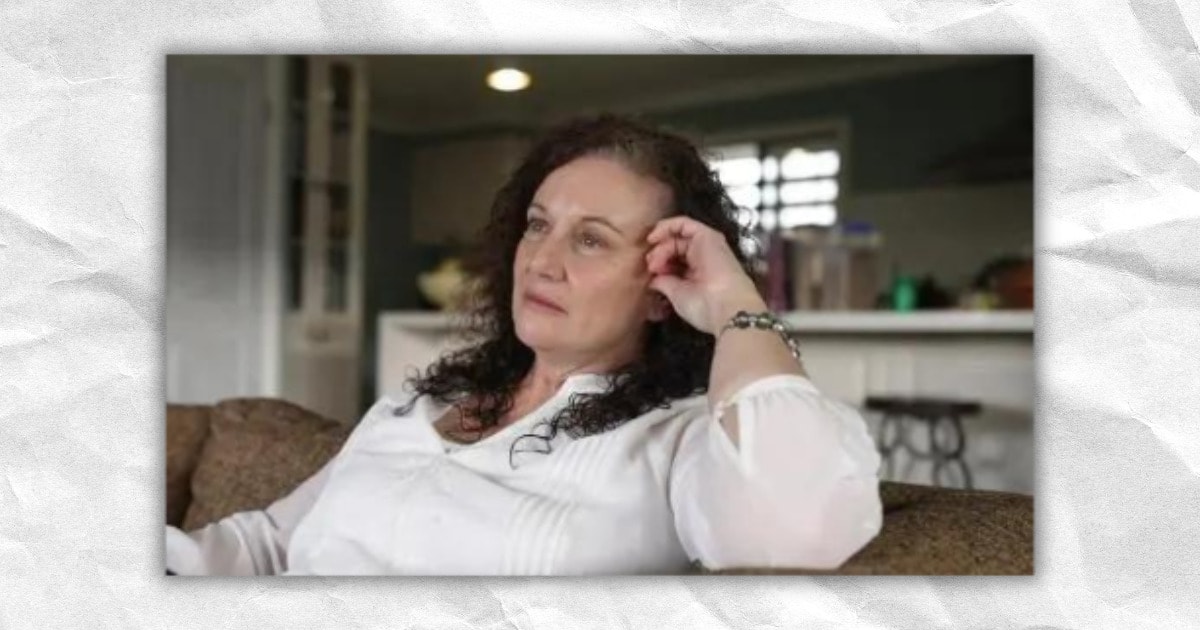
In a notable development in Australia, Kathleen Folbigg, who was wrongfully convicted of killing her four children, has had her convictions formally quashed. Folbigg spent two decades in prison following a 2003 trial that found her guilty based on circumstantial evidence and diary entries.
However, new scientific discoveries regarding a mutant gene in her daughters have cast doubt on her guilt.
The New South Wales Court of Criminal Appeal formally acquitted Folbigg of all charges, marking an end to one of Australia’s most notable miscarriages of justice.
The case hinged on the improbability of all four children dying from natural causes, but recent scientific evidence provided a genetic explanation for the deaths, leading to reasonable doubt about her convictions.
Folbigg’s first child, Caleb, died in 1989, followed by Patrick in 1991, Sarah in 1993, and Laura in 1999. The initial three deaths were attributed to Sudden Infant Death Syndrome (SIDS), but Laura’s death led to a police investigation and Folbigg’s subsequent conviction.
The case was heavily influenced by the now-discredited “Meadow’s law,” which suggested that multiple sudden infant deaths in a family are suspicious.
The recent ruling has prompted calls for legal reform and substantial compensation for Folbigg.
Her legal team is pushing for the establishment of an independent body for review, like a Criminal Cases Review Commission, to prevent future miscarriages of justice. This case highlights the need for the legal system to be more scientifically informed, especially given the rapid pace of scientific discovery and technological advances.






